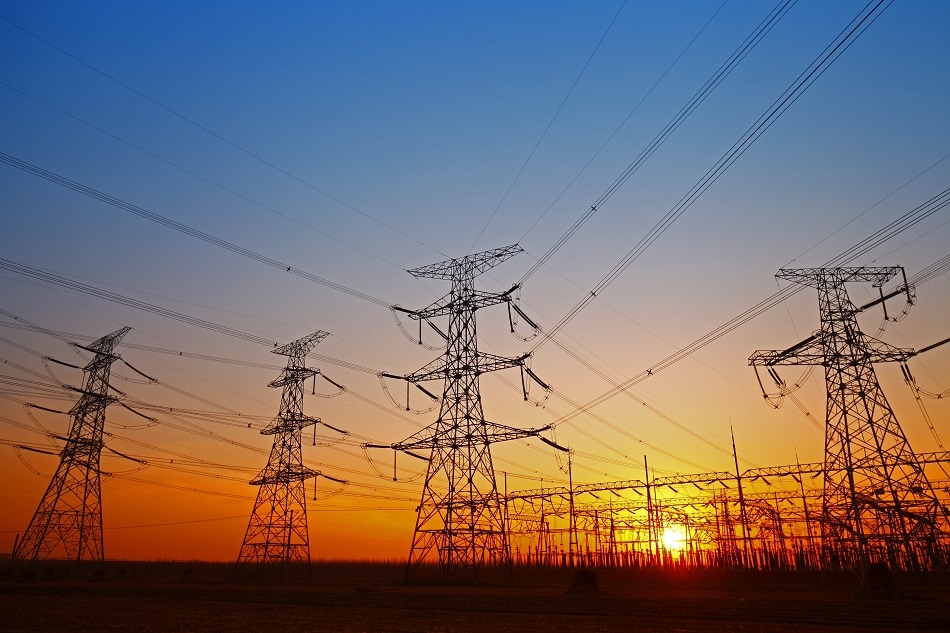Nov 8 2017
Electrical physicists from Czech Technical University have provided more evidence that new current sensors create errors when assessing current via iron conductors. It is crucial to rectify this defect in the new sensors so that operators of the electrical grid can properly respond to threats to the system.
 Image Credits: shutterstock.com/g/pan%20demin
Image Credits: shutterstock.com/g/pan%20demin
The researchers demonstrate how a difference in a conductor’s magnetic permeability, the degree of material’s magnetization reaction in a magnetic field, impacts the precision of new sensors. They also provide suggestions for optimizing sensor accuracy. The results are published in AIP Advances, from AIP Publishing.
With the incorporation of new renewable energy sources and smart homes requiring more information, the electrical grid is becoming more multifaceted. Author Pavel Ripka said, “If you have [a] grid at the edge of capacity, you have to be careful to monitor all the transients (power surges).” Surges are failures or overloads to the system, which can be due to something as simple as a damaged power line, or more dramatic events like geomagnetic storms or lightning strikes.
“Every day you get a lot of these small events (surges) within a big power grid, and sometimes it is difficult to interpret them. If it is something really serious, you should switch off parts of the grid to prevent catastrophic damage, but if it’s a short transient which will finish fast there is no need to disconnect the grid. It’s a risky business to distinguish between these events, because if you underestimate the danger then parts of the distribution installations can be damaged causing serious blackouts. But if you overestimate and disconnect, it is a problem because connecting these grids back together is quite complicated,”
Pavel Ripka Electrical physicists from Czech Technical University, author of the paper
To solve the growing complexity of the grid and power surge threats, there has been an increase in use of ground current sensors in the last few years. New yokeless current sensors are in demand because of their compact size and low cost. These sensors are ideal for assessing currents in nonmagnetic conductors such as aluminum and copper. However, ground conductors are typically iron because of its mechanical strength, and iron possesses a high magnetic permeability.
Employing these new sensors to measure ground currents when iron is present, is quite similar to using a thermometer to evaluate if the heating must be switched on, not taking into consideration where precisely the thermometer is placed. Near a window or door, the thermometer’s reading can be impacted in a different way than elsewhere. In the same way, this research has revealed that not taking into consideration the magnetic permeability of a conductor misrepresents the accuracy of a reading with a yokeless sensor.
Ripka and his team compared experimental measurements with theoretical simulations to emphasize the difference in yokeless sensor readings between magnetic and nonmagnetic conductors.
“We can show how to design (yokeless) current sensors so that they are not so susceptible to this type of error,” Ripka said. “[This study is] just a small reminder to make [engineers] design sensors safely.”
To further reinforce the point, Ripka’s group is starting to record long-term readings at power stations, comparing results to commercial uncalibrated sensors. Going forward, Ripka envisages partnering with geophysicists to correlate geomagnetic activity and ground currents, to better comprehend how these currents are spread within the earth and even forecast future disruptions to the grid.
This research received support from the Grant Agency of the Czech Republic through the project “New methods for the measurement of electric currents” (GACR 17-19877S).